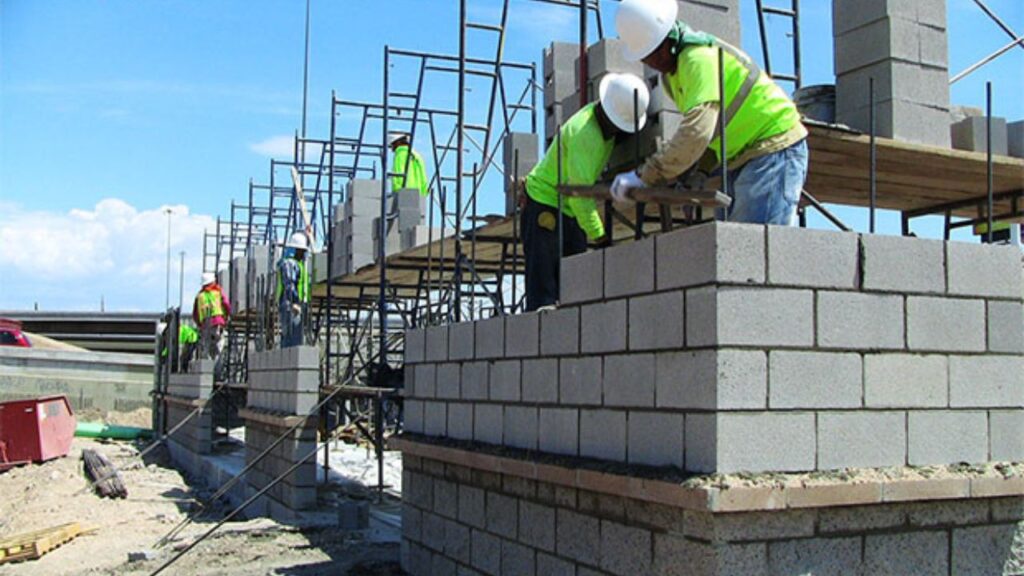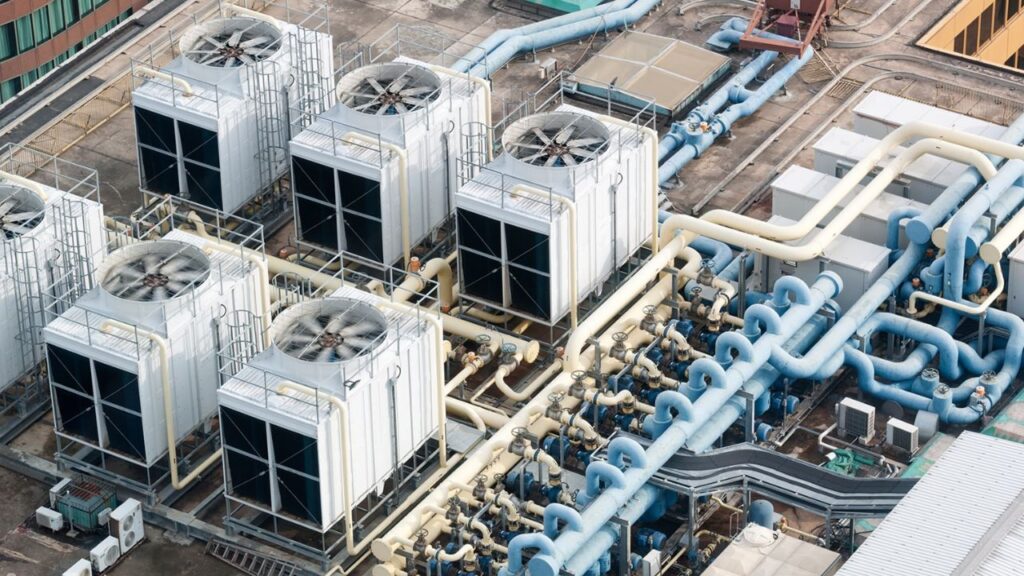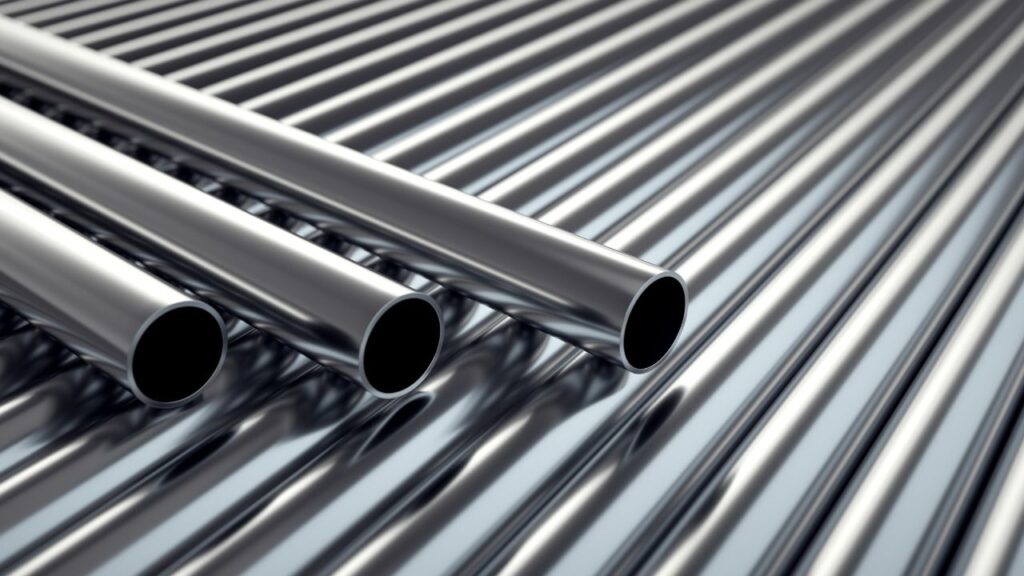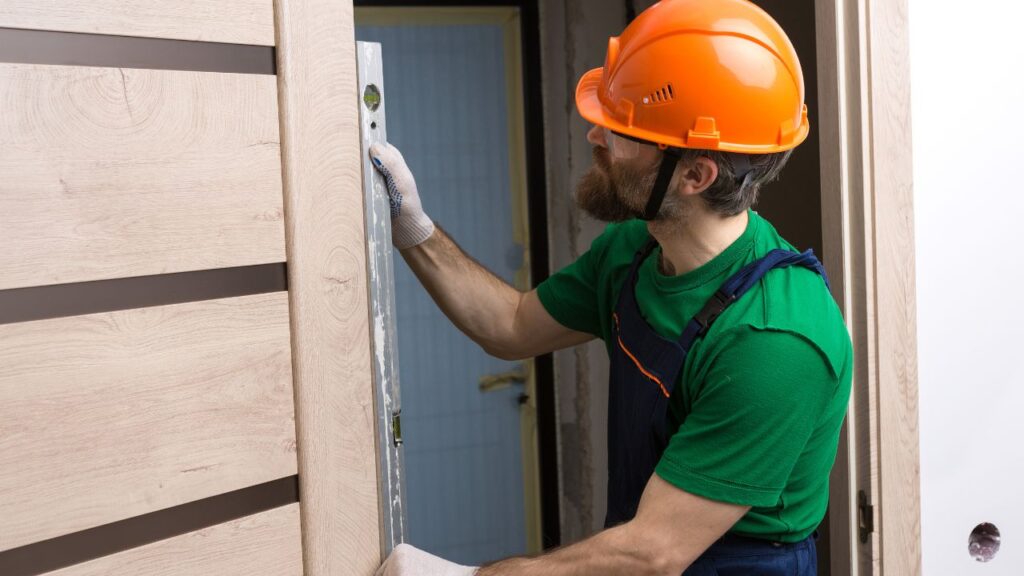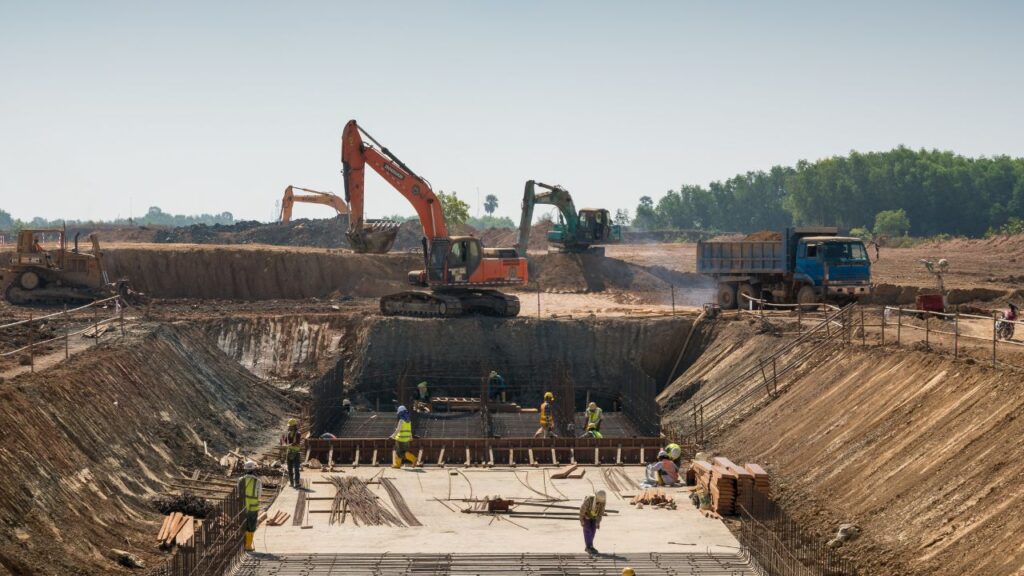- Homepage
- Blogs
Residential Tower Construction Cost Estimator
Leading provider of residential tower construction cost estimating.
Building a residential tower is a large-scale undertaking that requires meticulous planning, precise budgeting, and the involvement of skilled professionals. From developers and contractors to architects and homeowners, understanding the costs involved in constructing a residential tower is essential for ensuring a smooth and successful project.
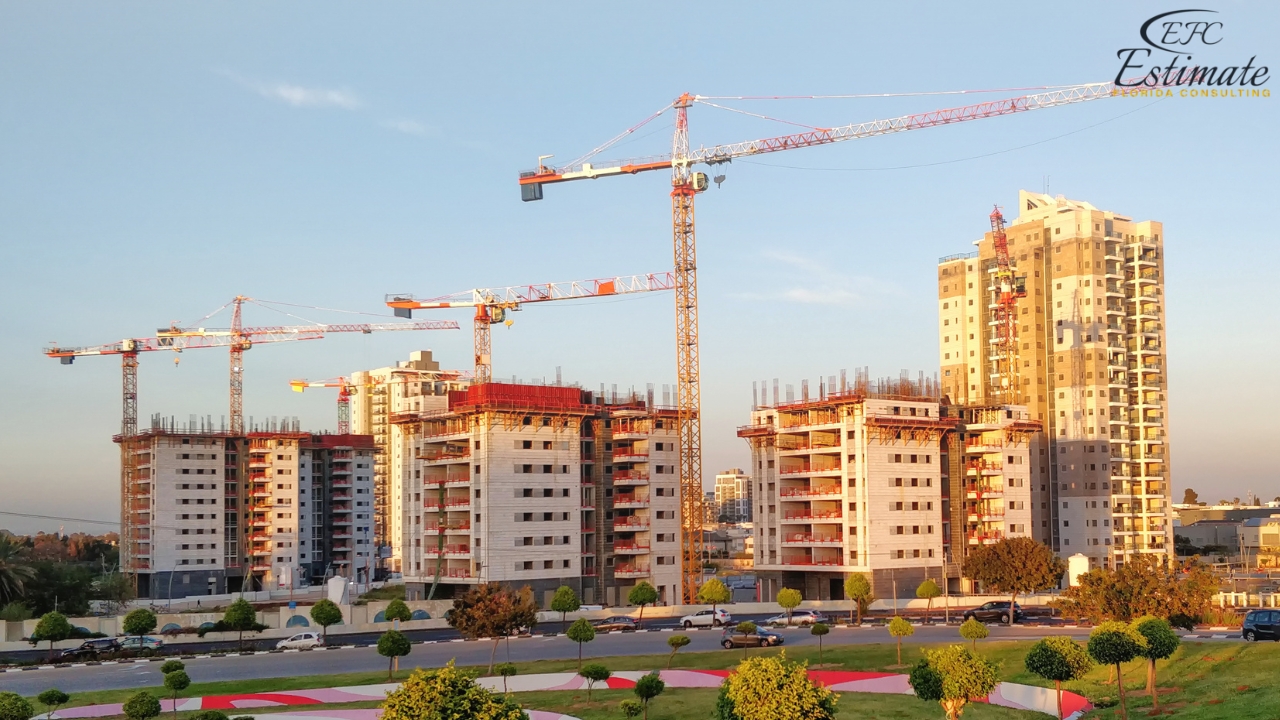
Residential Tower Construction Cost Per Square Foot
In Florida, the average cost to construct a residential tower ranges from $200 to $600 per square foot, depending on the type and location of the project. Luxury towers with high-end finishes can exceed $700 per square foot, while affordable housing may fall closer to the lower end of the range.
Type of Construction | Average Cost per Sq. Ft. |
Affordable Towers | $200 – $300 |
Mid-Range Residential Towers | $300 – $450 |
Luxury Residential Towers | $500 – $700 |
Residential Tower Construction Cost by Size
Tower Size | Average Cost |
50,000 Sq. Ft. Tower | $10 million – $30 million |
100,000 Sq. Ft. Tower | $20 million – $60 million |
200,000 Sq. Ft. Tower | $40 million – $120 million |
Types of Residential Towers
Affordable Residential Towers
Affordable residential towers are designed to provide practical and budget-friendly housing options for families, students, and workers. These buildings focus on functionality, offering essential amenities without the frills of luxury properties. Common features include simple layouts, durable materials, and efficient space utilization. Despite their affordability, quality and safety remain top priorities. Construction costs for affordable residential towers typically range from $200 to $350 per square foot, making them an excellent choice for developers targeting middle-income and low-income housing markets.
Luxury Residential Towers
Luxury residential towers are synonymous with upscale living and refined design. These buildings often include premium amenities such as rooftop swimming pools, spa facilities, fitness centers, concierge services, and state-of-the-art smart home technologies. High-quality materials like marble, hardwood, and custom fixtures are used to create a sophisticated atmosphere. With a focus on elegance and exclusivity, construction costs for luxury residential towers range from $500 to $700 per square foot or more, depending on the level of customization and the inclusion of cutting-edge technologies.
Mixed-Use Residential Towers
Mixed-use residential towers blend residential living with commercial or retail spaces, such as offices, shops, and restaurants. These towers are designed to offer convenience and create vibrant communities within a single structure. Building these towers requires complex planning, as they must accommodate diverse functions, including parking, utilities, and zoning compliance. Typical construction costs for mixed-use residential towers range from $350 to $550 per square foot, reflecting the additional infrastructure and design considerations needed to balance residential and commercial demands.
Residential Tower Construction Costs by Unit Type
Studio Apartments
Studio apartments are compact living spaces that typically include a combined living, sleeping, and kitchen area. The construction cost for a studio apartment ranges from $100,000 to $300,000 per unit, depending on the unit’s size, location, and level of finishes. Basic studios with standard features fall on the lower end of the spectrum, while those with modern layouts, premium materials, and energy-efficient appliances push costs toward the higher range.
1-Bedroom Apartments
1-bedroom apartments, offering separate spaces for living and sleeping, are a popular choice for singles or couples. Construction costs for these units range from $150,000 to $400,000 per unit, influenced by the size, design complexity, and finishes. Higher costs typically apply to units with upgraded flooring, cabinetry, or amenities like in-unit laundry facilities and smart home features. These apartments are often a key selling point in residential towers, balancing affordability and functionality.
2-Bedroom Apartments
2-bedroom apartments cater to families or roommates, offering more space and versatility. These units cost between $250,000 and $600,000 per unit, with the higher range reserved for larger units with luxury finishes and modern layouts. Features like open-plan kitchens, en-suite bathrooms, and premium appliances can significantly increase the price. In urban settings, these apartments often command a premium due to their appeal to a broader range of tenants or buyers.
3-Bedroom Apartments
3-bedroom apartments are spacious and ideal for families or those seeking extra rooms for home offices or guest spaces. Construction costs for these units start at $400,000 per unit and can exceed $800,000 for high-end designs. Luxury 3-bedroom units with upscale finishes, expansive balconies, and amenities like custom kitchens or advanced HVAC systems often push costs toward the upper end. These apartments are typically positioned as premium offerings in residential towers, appealing to buyers or tenants looking for more space and comfort.
Get Acquainted with Estimation
Mastering Bids: 12 Pro-Level Bidding Tips for Construction Managers
Maximize Profits: Budgeting Hacks for Big Construction Projects
Residential Tower Construction by Height
Low-Rise Residential Towers (5–10 Floors)
Low-rise residential towers are more common in suburban areas or serve as transitional structures in urban settings. These buildings are simpler to construct and usually require fewer advanced systems like high-capacity elevators or intricate structural reinforcements. They often include basic amenities such as shared laundry facilities or small recreational areas. Construction costs for low-rise towers average between $200 and $350 per square foot, making them a cost-effective solution for housing developers targeting moderate-density areas.
Mid-Rise Residential Towers (11–20 Floors)
Mid-rise residential towers strike a balance between low-rise simplicity and high-rise complexity. These buildings require additional structural strength, elevators, and advanced mechanical systems to support their increased height. Common amenities include multiple elevators, fitness centers, and dedicated parking levels. Construction costs for mid-rise towers typically range from $300 to $500 per square foot, depending on the complexity of the design and the quality of materials used.
High-Rise Residential Towers (21+ Floors)
High-rise residential towers are impressive feats of engineering, designed to maximize urban land use and accommodate a high number of residents. These towers require advanced construction techniques, high-strength materials like reinforced steel and concrete, and specialized equipment such as tower cranes. High-rises often feature luxury amenities, including rooftop gardens, high-speed elevators, and cutting-edge security systems. Construction costs for high-rise towers range from $450 to $700 per square foot, with variations based on location, height, and the level of luxury incorporated into the project.
Cost Breakdown for Residential Tower Construction
Land Acquisition Costs
The cost of acquiring land varies widely across Florida, influenced by location and demand. In urban areas like Miami, land prices can range from $1 million to $5 million per acre, reflecting the high demand for prime real estate. In suburban or less populated areas, land costs are significantly lower, offering a more affordable option for developers.
Permit and Legal Fees
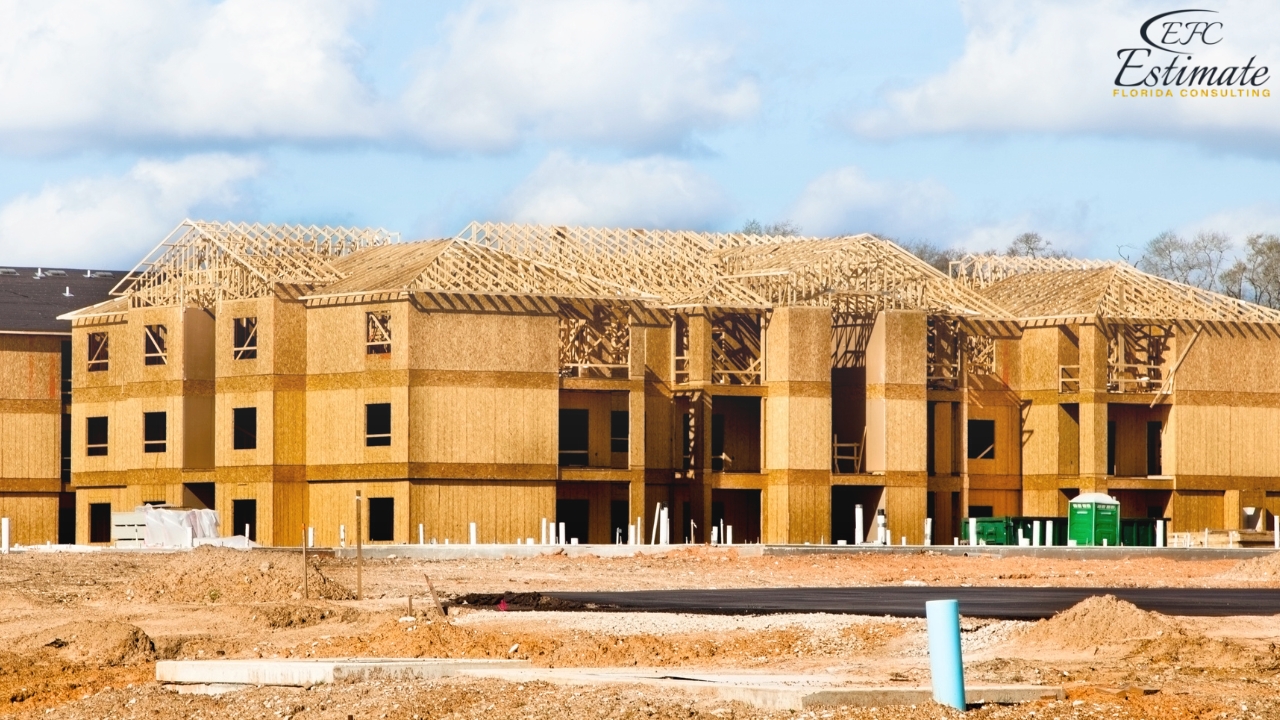
Securing permits and meeting legal requirements is an essential part of the construction process. Permit fees generally range from $50,000 to $300,000, depending on the project’s size, location, and complexity. These costs cover building permits, zoning approvals, environmental compliance, and other regulatory requirements necessary to proceed with construction.
Architectural and Design Costs
Designing a residential tower requires extensive architectural and planning work. Architectural and design fees typically make up 5% to 15% of the total construction budget, which translates to $500,000 to $3 million for large-scale projects. These costs cover initial blueprints, structural designs, and aesthetic elements tailored to the building’s purpose and style.
Foundation and Structural Costs
The foundation and structural framework form the core of any residential tower. Costs for this phase range from $10 million to $30 million, depending on factors like the building’s height, soil conditions, and structural complexity. High-rise buildings in areas with challenging soil conditions may require additional investment in foundation reinforcement.
Material and Labor Costs
Materials and labor are among the largest expenses in residential tower construction. Material costs alone can range from $20 million to $50 million, depending on the quality and quantity required. Labor costs, which typically account for 30% to 50% of the total budget, include wages for skilled workers, contractors, and support staff.
Building Systems Costs (HVAC, Plumbing, Electrical)
Installing essential building systems like HVAC, plumbing, and electrical wiring is critical for functionality and safety. Costs for these systems range from $5 million to $15 million, depending on the building’s size and the complexity of the systems. Advanced or energy-efficient systems can increase these costs but add long-term value.
Finishing and Interiors Costs
Interior finishes, such as flooring, cabinetry, fixtures, and paint, bring the building to life. For standard residential towers, finishing costs range from $10 million to $25 million, while luxury projects with high-end materials and custom designs can significantly exceed this range. These costs depend heavily on the type of finishes and customization involved.
Elevator Installation Costs
Elevators are essential for residential towers, ensuring accessibility and convenience. The cost of installing elevators typically averages $100,000 to $200,000 per elevator shaft, depending on the building’s height, the number of floors, and the elevator’s capacity. High-speed or luxury elevators may further increase costs but enhance the tower’s value and appeal.
Win More Projects With Us
Sustainability and Green Building Costs
Incorporating sustainable features into a building, like solar panels, energy-efficient HVAC systems, and environmentally friendly materials, can add 10% to 20% to the upfront construction costs. Achieving certifications like LEED (Leadership in Energy and Environmental Design) often involves additional investments in design, materials, and technology. However, these green building features typically result in long-term savings through lower energy bills, reduced maintenance costs, and tax incentives. Beyond financial benefits, sustainable construction contributes to environmental protection, making it a worthwhile choice for developers and homeowners committed to eco-friendly practices.
Common Challenges in Residential Tower Construction
Regulatory Delays
Dealing with local zoning laws, permits, and building codes can slow down residential tower projects significantly. The process of getting approvals from multiple agencies can be time-consuming, often causing unexpected delays and additional costs. Developers need to allocate extra time and resources to navigate these regulatory hurdles effectively, which can sometimes stall progress even after construction has begun.
Labor Shortages
The construction industry frequently faces a shortage of skilled workers, such as electricians, masons, and carpenters. This lack of experienced labor can lead to increased wages as contractors compete for available talent. Labor shortages can also cause project timelines to stretch out, creating further complications and budget overruns for developers.
Material Price Fluctuations
Global supply chain disruptions and market volatility can lead to sudden increases in material prices, such as steel, concrete, or timber. These unexpected costs can strain project budgets and force developers to make tough decisions, like adjusting designs or sourcing alternative materials. Staying informed about market trends and building flexibility into budgets is crucial to mitigating these challenges.
Additional Costs to Consider in Residential Tower Construction
Permit and Zoning Fees
Before construction begins, you’ll need to account for permit and zoning fees, which ensure the project complies with local building codes and regulations. In Florida, these fees can range from $100,000 to $500,000, depending on the size and scope of the project, as well as the location. Urban areas or projects requiring zoning changes may face higher fees due to more stringent approval processes.
Utility Installation Costs
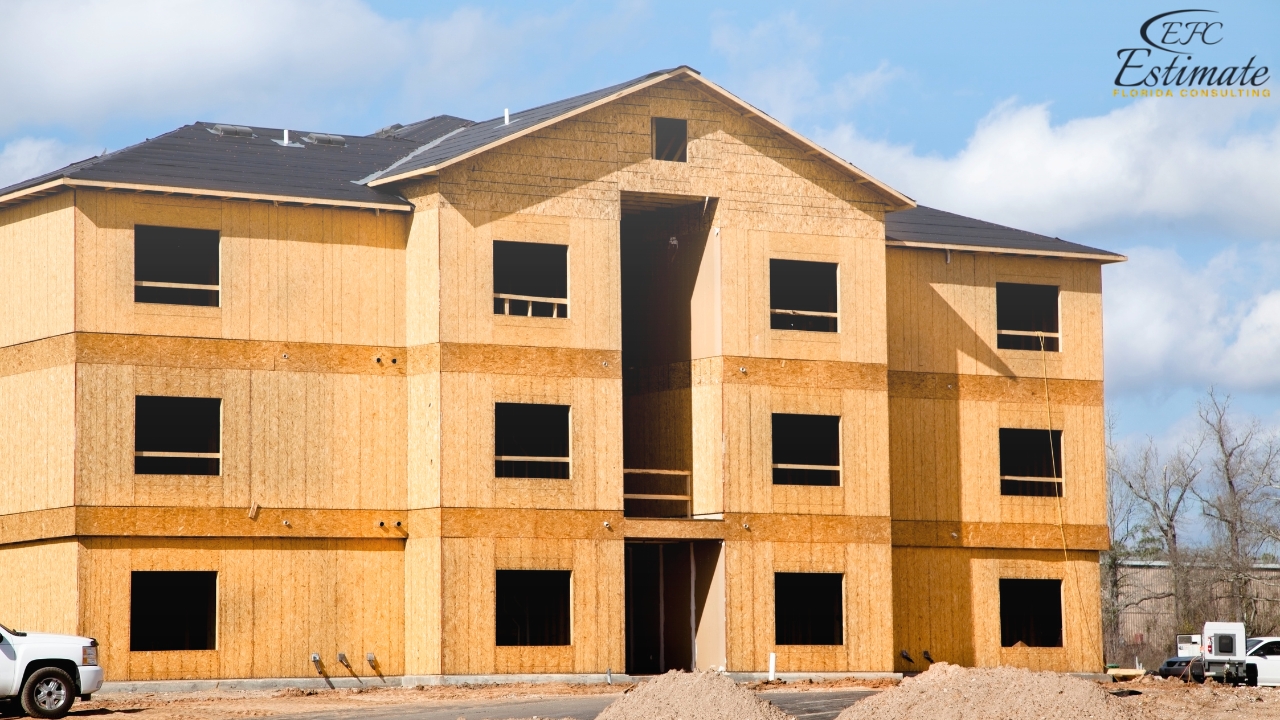
Connecting the residential tower to essential utilities like water, electricity, gas, and internet is another significant expense. These systems must be installed to meet the needs of a multi-unit building, often requiring specialized infrastructure. Utility installation costs can range from $1 million to $3 million, depending on the building’s size, the complexity of the systems, and the location of existing utility lines.
Landscaping and Public Spaces
Landscaping and the development of outdoor public spaces contribute to the aesthetic appeal and functionality of the tower. These might include green spaces, pathways, seating areas, or even playgrounds in family-oriented projects. For luxury developments, landscaping often involves high-end features such as fountains, rooftop gardens, and intricate designs, which can drive costs higher. Landscaping expenses typically range from $500,000 to $2 million, depending on the project’s scale and level of detail.
Construction Cost by Location
Costs vary significantly across Florida cities:
City | Average Cost per Square Foot |
Miami | $400 – $700 |
Orlando | $300 – $500 |
Tampa | $300 – $450 |
Jacksonville | $250 – $400 |
Tallahassee | $200 – $350 |
Trends in Residential Tower Construction
Smart Buildings
Modern residential towers are embracing smart technologies, integrating IoT devices and automation to enhance convenience, security, and energy efficiency. Features like app-controlled lighting, smart thermostats, and automated security systems are becoming standard, appealing to tech-savvy residents and improving overall building management.
Sustainability
Sustainability is a major focus in residential construction, with an increasing demand for green building certifications like LEED. Developers are using eco-friendly materials, energy-efficient designs, and renewable energy sources such as solar panels. This trend not only benefits the environment but also attracts environmentally conscious buyers and renters who value sustainable living.
Mixed-Use Designs
Mixed-use towers are gaining popularity as they combine residential units with retail, office spaces, or community amenities. These designs create a “live-work-play” environment, offering convenience to residents and maximizing the utility of urban spaces. Mixed-use buildings are especially appealing in densely populated cities where space is limited.
Tips for Accurate Cost Estimation
Use Professional Estimation Tools
Leverage advanced software like PlanSwift or ProEst to create detailed and precise cost estimates. These tools can account for materials, labor, and other project-specific factors, making the estimation process faster and more accurate.
Factor in Contingencies
Unexpected expenses can arise during construction, so it’s essential to set aside 10-20% of your budget as a contingency. This reserve helps cover unforeseen issues like material price hikes, weather delays, or design changes.
Consult Experts
Partnering with experienced cost estimators can significantly improve the accuracy of your budget. Experts bring valuable insights into current market conditions, material costs, and labor trends, helping you avoid costly mistakes and stay within budget.
Download Template For Residential Tower Construction Project Breakdown
- Materials list updated to the zip code
- Fast delivery
- Data base of general contractors and sub-contractors
- Local estimators

Conclusion
Building a residential tower in Florida involves numerous considerations, from land acquisition and permits to material selection and labor management. By understanding the factors influencing construction costs and using detailed cost breakdowns, stakeholders can plan projects more effectively. At Estimate Florida Consulting, we provide expert cost estimation services tailored to your specific needs, ensuring your project stays on budget and schedule. Contact us today for precise and professional cost estimation!
Frequently Asked Question
The cost ranges from $200 to $600 per square foot, depending on factors like the type of construction and location. Luxury towers with high-end finishes can exceed $700 per square foot, while affordable housing projects are on the lower end of the spectrum.
The cost of constructing a 50,000 sq. ft. tower ranges from $10 million to $30 million, depending on the type of construction and finishes.
Luxury residential towers cost between $500 and $700 per square foot due to premium materials, high-end amenities, and sophisticated design features.
Affordable residential towers cost between $200 and $350 per square foot, focusing on functional designs and cost-efficient materials.
- Low-rise towers (5–10 floors): $200–$350 per square foot
- Mid-rise towers (11–20 floors): $300–$500 per square foot
- High-rise towers (21+ floors): $450–$700 per square foot
Key factors include land acquisition, permits, material and labor costs, building height, design complexity, and the type of finishes and amenities included.
Construction costs for a studio apartment range from $100,000 to $300,000 per unit, depending on size, location, and finishes.
Three-bedroom apartments cost between $400,000 and $800,000 per unit, with luxury finishes and modern layouts driving higher costs.
These systems cost between $5 million and $15 million for a residential tower, depending on size and complexity. Energy-efficient systems may increase initial costs but offer long-term savings.
Permit and legal fees range from $50,000 to $300,000, covering building permits, zoning compliance, and environmental assessments.
Comprehensive Trade-Specific Estimates
At Estimate Florida Consulting, we offer detailed cost estimates across all major trades, ensuring no part of your project is overlooked. From the foundation to the finishing touches, our trade-specific estimates provide you with a complete and accurate breakdown of costs for any type of construction project.

Testimonials
What Our Clients Say
We take pride in delivering accurate, timely, and reliable estimates that help contractors and builders win more projects. Our clients consistently praise our attention to detail, fast turnaround times, and the positive impact our estimates have on their businesses.
Estimate Florida Consulting has helped us win more bids with their fast and accurate estimates. We trust them for every project!

Steps to Follow
Our Simple Process to Get Your Estimate
01
Upload Plans
Submit your project plans, blueprints, or relevant documents through our online form or via email.
02
Receive Quotation
We’ll review your project details and send you a quote based on your scope and requirements.
03
Confirmation
Confirm the details and finalize any adjustments to ensure the estimate meets your project needs.
04
Get Estimate
Receive your detailed, trade-specific estimate within 1-2 business days, ready for your project execution.





